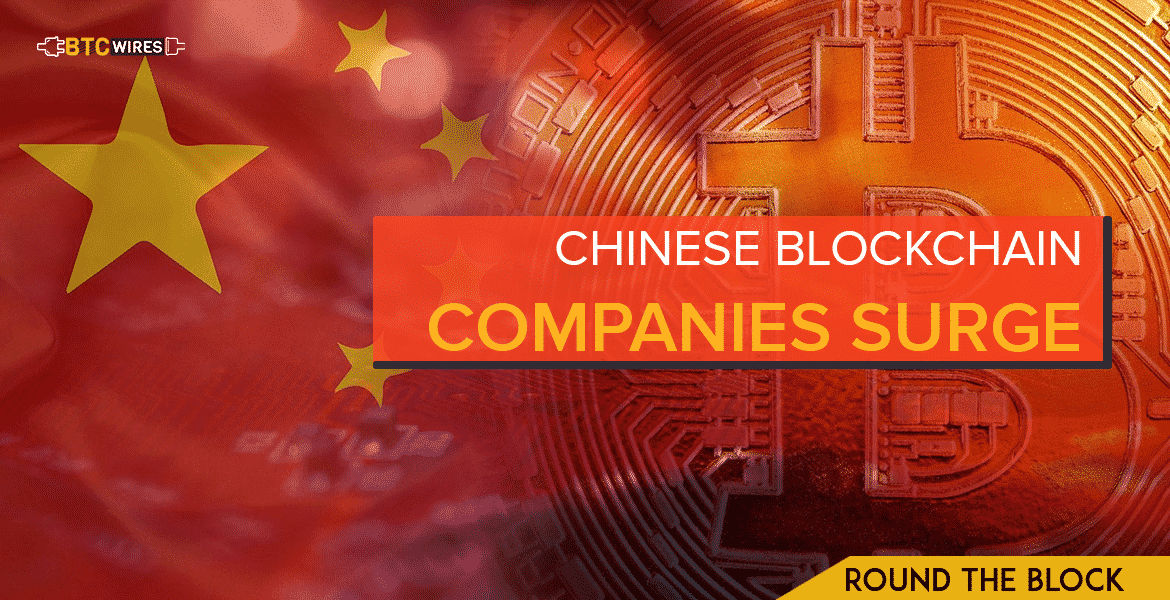China has in recent times displayed a much more accepting

China has in recent times displayed a much more accepting attitude towards blockchain. Which is why it is no surprise that Chinese companies who registered with the word “blockchain” in their names, have multiplied in great numbers from January to July 16, 2018. The difference between this year’s numbers and last year’s numbers is almost six fold!
The South China Morning Post has collected data from business and civil data aggregator Qixin.com. This data shows that China currently hosts 4,000 blockchain-related companies. What’s shocking is that 3,078 firms with the word “qukualian” (Chinese for blockchain) in their names, came up just in the last six and a half months. This is a massive surge considering last year there were just 555 firms.
The statistics show that 16,600 blockchain firms were set up in the last year and over 3,800 of them had a massive registered capital of more than $1.5 million. The startup sector saw some heavy funding flowing in and approximately 41 percent of these startups were blockchain-related.
Chinese blockchain related patents which have been filed make up for more than half of the world’s total. There were 225 blockchain-related patent applications filed in China last year.
Now that politicians in China are more accepting of blockchain, it has given the sector a real boost. The deputy director of China’s Ministry of Industry and Information Technology, Xin Guobin, showed great support towards blockchain. He urged the country to “unite” forces to grow blockchain as a “core” technology in order to benefit the new digital economy. He emphasized that the “important role” of blockchain should be “grasped from a strategic perspective.”
However, there are some naysayers in the administration as well. Fan Wenzhong, the head of the international department of the China Banking and Insurance Regulatory Commission, had issued a warning against “mythologizing” blockchain technology. He was skeptical about terming blockchain as a “revolution,” since the entire idea of multi-entry bookkeeping is not really novel.
